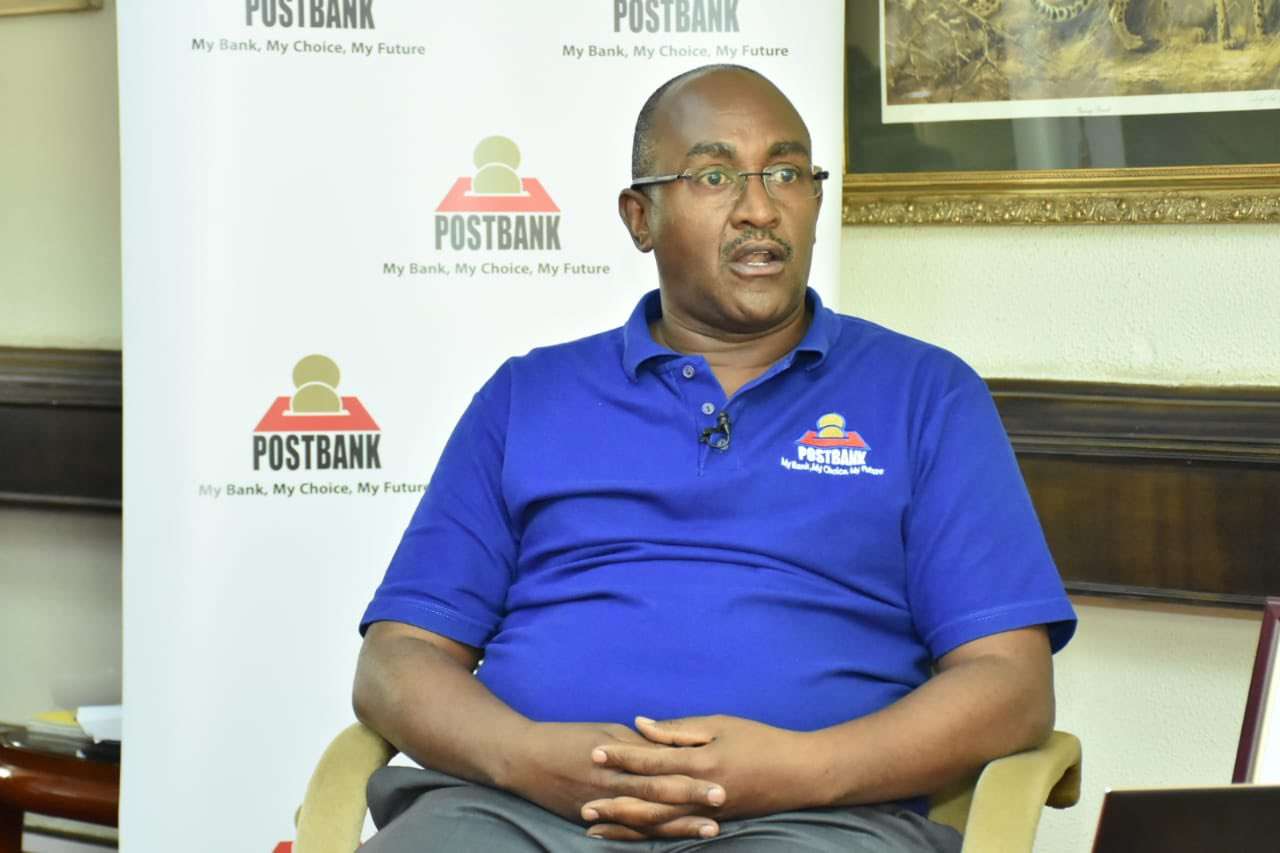The task force will evaluate the impact of the minimum reserve price, delayed payments, tea storage conditions, price disparities between the East and West Rift regions, and factors influencing sales at the Mombasa Tea Auction
The Ministry of Agriculture has appointed a task-force to thoroughly investigate the causes and impacts of unsold tea accumulation and propose both immediate and long-term solutions to address the ongoing crisis. The newly-formed team held its inaugural meeting with Principal Secretary Dr. Kipronoh Ronoh on Monday, following its official appointment on November 15. The investigation is set to last for 60 days from the appointment date.
The taskforce will carry out a range of responsibilities, including regulatory functions, policy assessment, and the development and implementation of an action plan. It will also propose practical solutions and conduct a performance review of Kenya Tea Development Agency (KTDA) factories.
In addition, the task force will assess the impact of the minimum reserve price and delayed payments, analyze tea storage conditions, and investigate the causes of price disparities between the East and West Rift regions. It will also explore factors affecting sales at the Mombasa Tea Auction.
The team may co-opt experts or additional members as necessary and may establish committees or sub-committees to accelerate the execution of its duties. It will also consider past reports and ongoing initiatives aimed at improving the legal, policy, and institutional framework within the tea sub-sector. Furthermore, the task force is empowered with all necessary powers to carry out its functions, including regulating its own procedures.
The task force is chaired by Nicholas Munyi Kagua and comprises 14 members along with a six-member secretariat. At the conclusion of its investigation, the team is expected to deliver a tripartite report, offering a comprehensive roadmap for sustainable long-term solutions in the tea industry.
This move comes amid rising dissatisfaction among tea farmers, with some reporting as little as Sh17 per kilogram as bonus payments, prompting widespread unrest.




